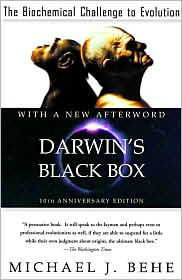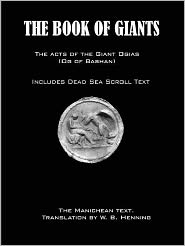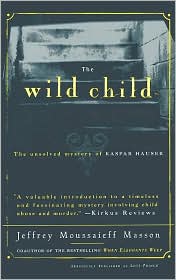 This is a new feature I have started on my blog. As often as I can, I will be posting one of the 198 Appendices of the Companion Bible. It is an amazing study and reference tool, and I thought that it might be helpful and interesting to preview some of the resources available in it. This Bible was compiled by one of the great scholars of the past, Dr. E.W. Bullinger. You can check out some of his other books here. If you would like to access the entire Companion Bible in an online edition, it is available here. Hope you find this interesting and inspiring.
This is a new feature I have started on my blog. As often as I can, I will be posting one of the 198 Appendices of the Companion Bible. It is an amazing study and reference tool, and I thought that it might be helpful and interesting to preview some of the resources available in it. This Bible was compiled by one of the great scholars of the past, Dr. E.W. Bullinger. You can check out some of his other books here. If you would like to access the entire Companion Bible in an online edition, it is available here. Hope you find this interesting and inspiring.The Companion Bible Appendix # 114 - The "Kingdom of Heaven" and the "Kingdom of God"
More books by E.W. Bullinger






